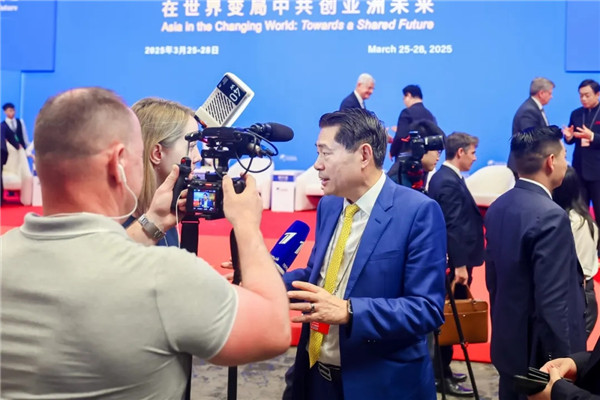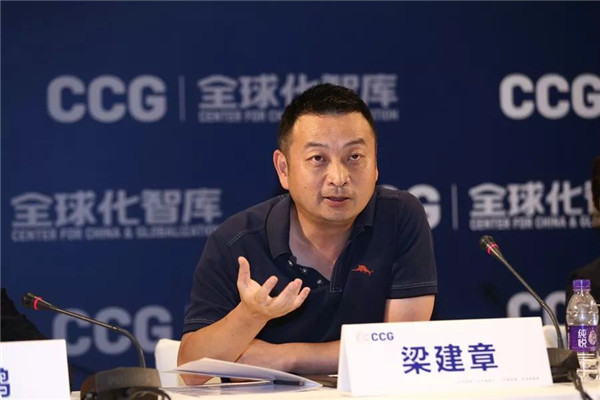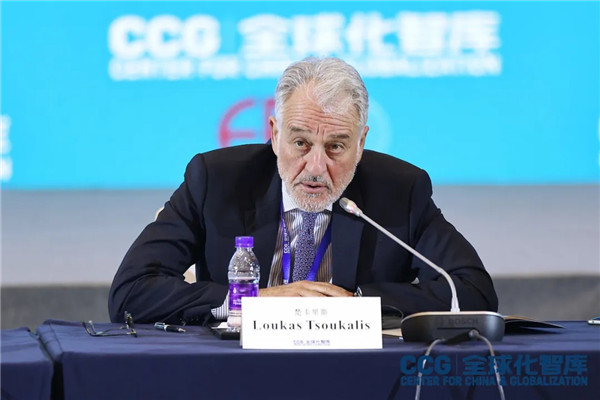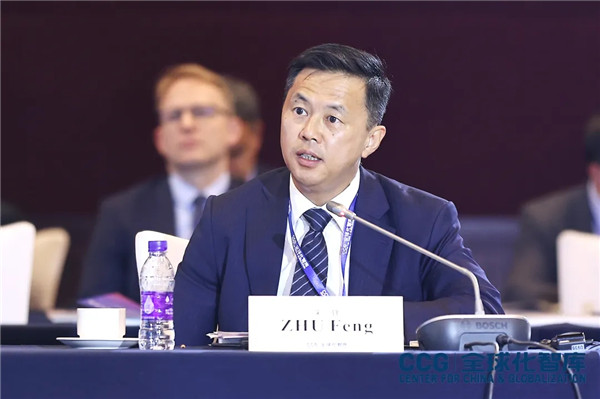布鲁金斯学会:国企高管在中国省级领导层兴起
2017年3月6日
商界领袖是否可以成为中国领导层的核心成员?最近,伴随着拥有国有企业高管经历的省级高层(省长和省委书记)的兴起,意味着未来,这一类官员将在中国政治中发挥着更显著的作用。
对于意图追求省级权力的国企高管们来说,本届政府的后一个五年可谓是激动人心的。张庆伟,原中国商用飞机有限责任公司董事长,于2012年被任命为河北省省长;郭树清,前任中国建设银行董事长,于2013年担任山东省省长;2015年升任辽宁省省长的陈求发,曾任职中国航空工业集团公司。
2016年,又多了三个国企出身的省级领导:湖北省委书记蒋超良,曾为中国农业银行董事长;湖南省省长许达哲,曾任职中国航天科工集团公司总经理;江西省省长刘奇,也曾在一家国营化工厂担任过总经理一职。就在上个月,原中国航天科工集团公司总经理马兴瑞,和原中国北方工业集团公司总经理张国清,分别被任命为广东省省长和重庆市市长。
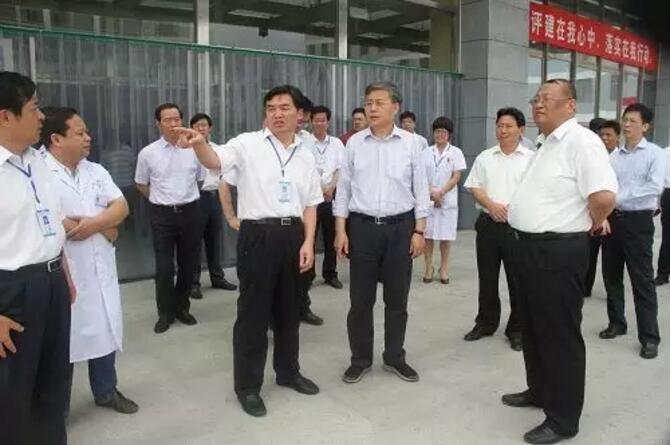
郭树清在担任山东省省长期间,在当地医院进行调研
有趣的是,前面提到的省领导中,有两个人是中国国有银行的CEO,四个人是中国航空工业的领导者——其中有两位还执掌像中国航天科工集团公司这样中国空间项目最重要的国有运营商。
有人可能认为这并不是个新现象。毕竟,20世纪后期,中国多数领导都曾通过当时中国蓬勃发展的的国有企业中脱颖而出。但那时候,中国的国营企业都是小型地方机构,与今日的全球性集团公司相去甚远。虽然有少数中国当前的重量级领导人出身于国企领导层,但过去的企业高管从未有以现在这样的速度与规模渗透进省级领导层。自2016年年初以来,有6位这样的领导人登上省级领导宝座,证明了这个群体的快速壮大。时至今日,国企高管转职省级领导已成为一股相当大的力量,占据现有省级领导层超过16个百分点(62个里就有10个)。
中国方面现在高度重视省级领导经验。领导一个中国省份并不是件容易事,中国省平均人口甚至高过欧洲国家平均人口。省领导就如同亚洲的领导人们一样,不断关注地区经济发展的最大化。他们应对令人畏惧的挑战,诸如失业、分配公平、社会稳定和人民的福利需求。毫不奇怪,省级领导经验是最常见的中央领导敲门砖。
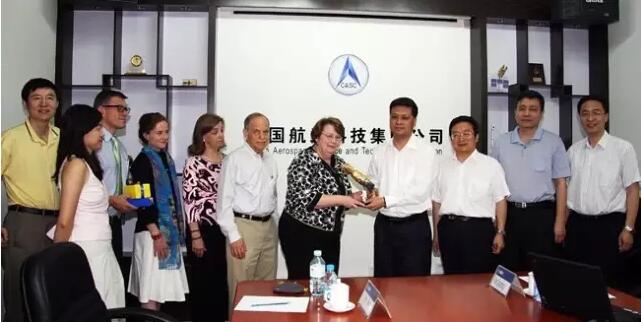
马兴瑞任职中国航天科工集团期间,与国外专家进行会见
其中至少有三个因素在发挥作用:
第一,培养一批来自国企的新门生,能够使政府权力的基础更加多样化,从而扩大权力支持基础。
第二,来自国企和技术背景的领导人被视作“不受官僚政治利益和糟粕习俗所污染”。对于一个地方和省级官僚机构而言,引入作为“外来者”的省级领导,将有利于制约的地方势力和潜在的派系。
第三,前任CEO们拥有全面而丰富的业务经验。这些人能够改善他们任职省份的财政管理,实施刺激地方经济的政策。
商界领袖的崛起可能对中国精英招聘产生长远影响。这种发展不仅拓宽了政治招聘的渠道,也能够显著改变中国领导层的构成。这个队伍能否凝聚成为一个新的精英集团?事实上,中国商界精英与政治精英的不断重叠,将对整个中国领导层的方向产生巨大影响,深刻影响最高层的政策选择和决策。(编译:施婉菁)

李成,中国与全球化智库(CCG)学术专家委员会专家,美国布鲁金斯学会约翰·桑顿中国中心主任.

徐培婧,布鲁金斯学会高级研究助理,约翰·桑顿中国中心媒体关系经理
The Rise of State-Owned Enterprise Executives in China’s Provincial Leadership
Can business leaders become central players in the Chinese Communist Party (CCP) leadership? The recent rise of provincial chiefs (governors and provincial party secretaries) who have experience as top commanders of state-owned enterprises (SOEs) suggests that these individuals will play a more pronounced role in Chinese politics in the years ahead.
For SOE executives in pursuit of power at the provincial level, the last five years under Chinese President Xi Jinping have been encouraging. Zhang Qingwei (张庆伟), the former chairman of China Commercial Aircraft Co., Ltd., was appointed Hebei governor in 2012, and Guo Shuqing (郭树清), the former chairman of China Construction Bank, was confirmed as Shandong governor in 2013. In 2015, Chen Qiufa (陈求发), formerly with the Aviation Industry Corporation of China, became Liaoning governor. In 2016, three more individuals with SOE backgrounds were appointed as provincial chiefs: Hubei party secretary Jiang Chaoliang (蒋超良), who had been chairman of China’s Agricultural Bank; Hunan governor Xu Dazhe (许达哲), who had been general manager of China Aerospace Science and Industry Corporation (CASIC); and Jiangxi governor Liu Qi, who had been general manager of a state-run chemical manufacturing plant. Just last month, Ma Xingrui (马兴瑞), the former general manager of CASIC, and Zhang Guoqing (张国清), the former general manager of China North Industries Group Corporation, were confirmed as governor of Guangdong and mayor of Chongqing, respectively.
Interestingly, two of the aforementioned were CEOs of China’s state banks and four were leaders in China’s aerospace industry—including two who led CASIC, the principal state-owned contractor for China’s space program—underscoring the importance Xi has attached to developing the aerospace and financial sectors.
One may argue that this is not a new phenomenon. After all, in the 1970s and ‘80s, Jiang Zemin and Li Peng both rose to prominence through China’s then-burgeoning web of SOEs. But, at that time, China’s state enterprises were small, locally oriented operations—a far cry from the global conglomerates they are today. While a handful of the CCP’s current heavyweight leaders were once SOE chiefs (Politburo Standing Committee member Wang Qishan served as governor of the China Construction Bank until 1997, and State Councilor Guo Shenkun was general manager of the Aluminum Corporation of China Limited until 2004), former business executives had never penetrated provincial-level leadership at the rate and scale they have under Xi. Since the beginning of 2016, six such leaders have officially taken on top provincial positions, demonstrating the rapid growth of this group. Today, SOE executives-turned-provincial leaders are a sizable force, constituting more than 16 percent (10 out of 62) of all current provincial-level chiefs.
Provincial leadership experience is highly valued within the CCP. Governing a Chinese province is no easy task, as the average province has a higher population than even the average European country. Provincial bosses, like top leaders across Asia, focus constantly on maximizing regional economic development. They cope with daunting challenges such as unemployment, distributive justice, social stability, and the welfare needs of their constituents. Unsurprisingly, then, experience in provincial leadership is one of the most common stepping-stones to central party leadership. Within the 18th Central Committee, which formed in 2012, 76 percent of Politburo members previously served as provincial chiefs. Not only do former CEOs now have a high chance of entering the top party leadership, but three of the youngest who are also members of the Central Committee—Zhang Qingwei, Ma Xingrui, and Zhang Guoqing—are poised to be major competitors for top positions in five to ten years.
Why has Xi elevated SOE executives to the helm of China’s provinces? There are at least three factors at play. First, nurturing a new set of protégés hailing from China’s SOEs allows Xi to diversify the composition of his powerbase, thereby broadening his support within the party. Second, leaders from SOE and technical backgrounds are seen as, “less tainted by the political bureaucracy’s interests and undesirable customs.” Bringing in provincial leaders who are “outsiders”—with respect to both a locality and its provincial bureaucracy—allows Xi to undermine forces of localism and potential factionalism that might otherwise constrain his power. Third, former CEOs possess substantial and multifaceted business experience. Xi expects these individuals to improve the financial administration of their respective provinces and implement policies to stimulate their local economies.
The rise of business leaders could have long-lasting implications for elite recruitment in China. This development not only broadens the channels for political recruitment but could also significantly alter the composition of the CCP leadership. Might this cohort even congeal into a new elite group within the party? Indeed, an increasing overlap between China’s business elite and political elite will have immense consequences for the direction of Chinese leadership as a whole, profoundly influencing policy choices and decision-making at the highest level.
From China-US Focus,2017-2-21
